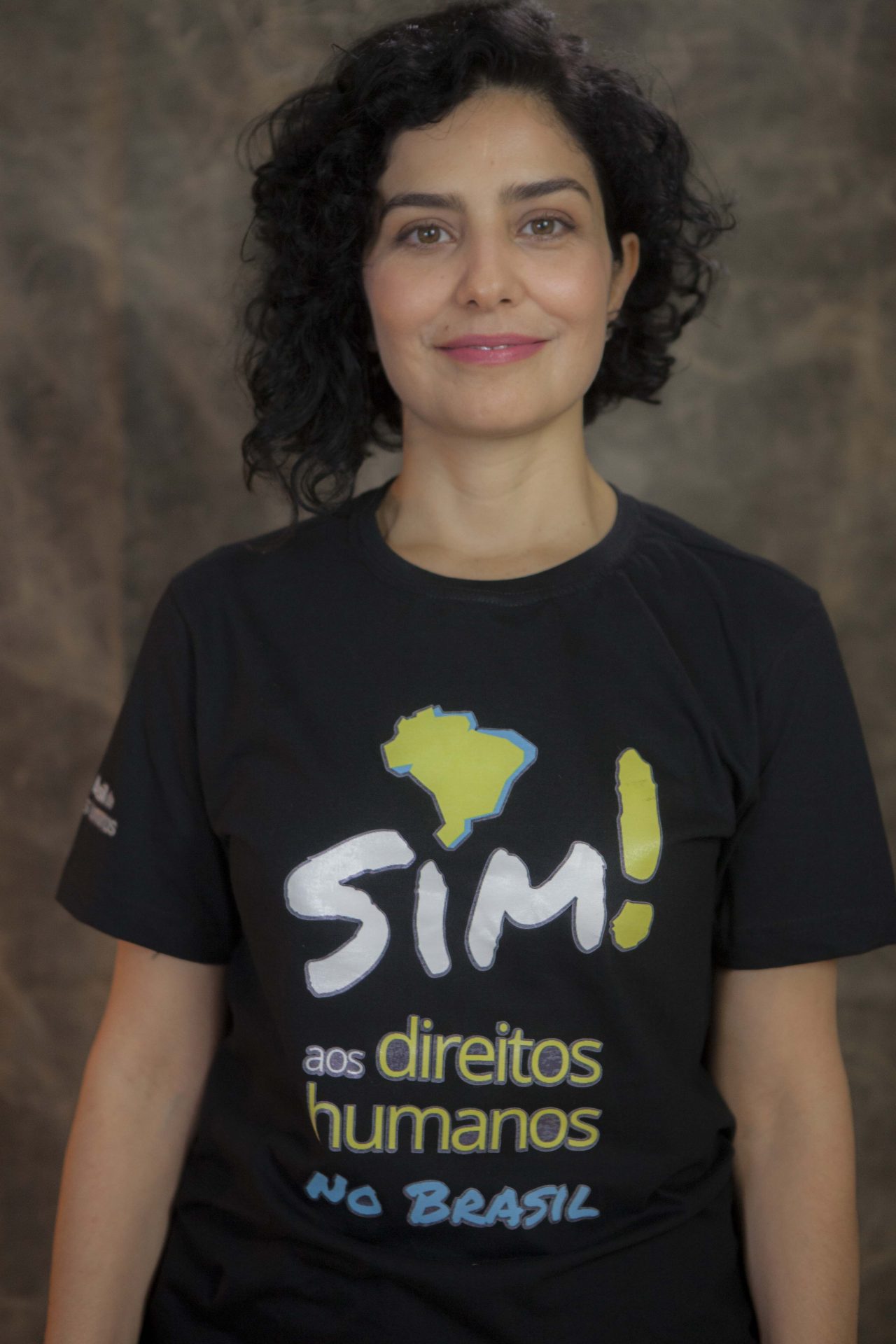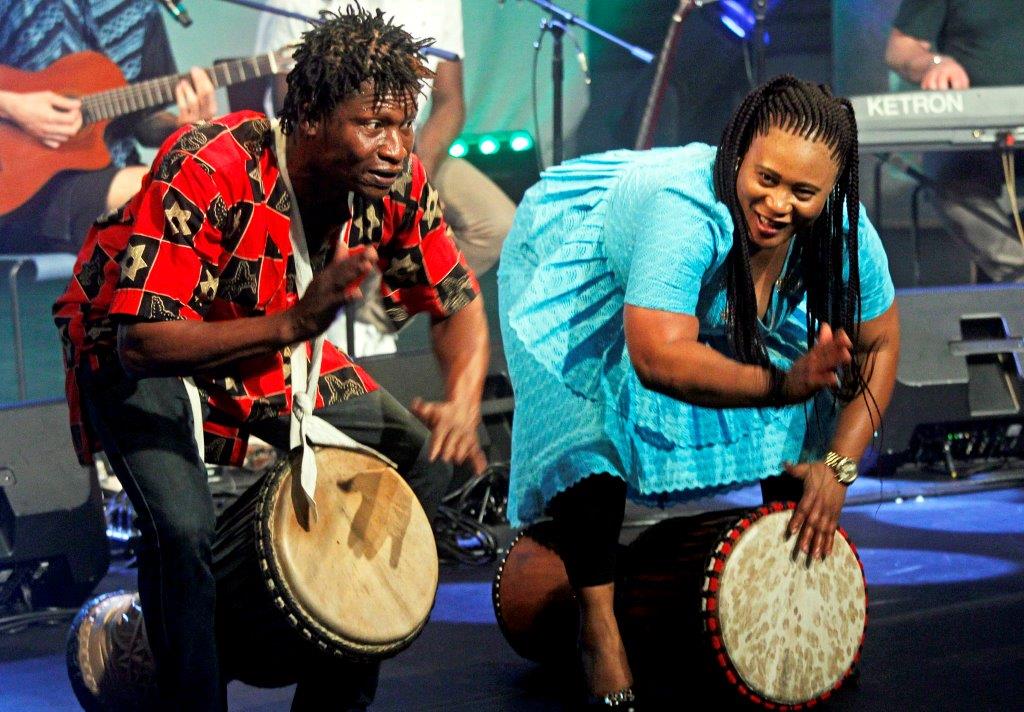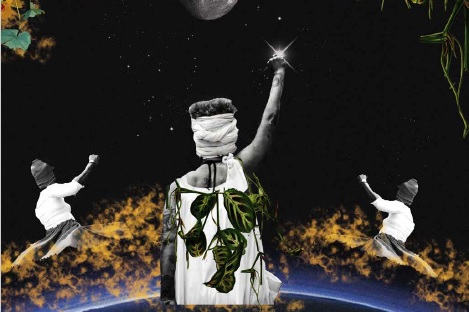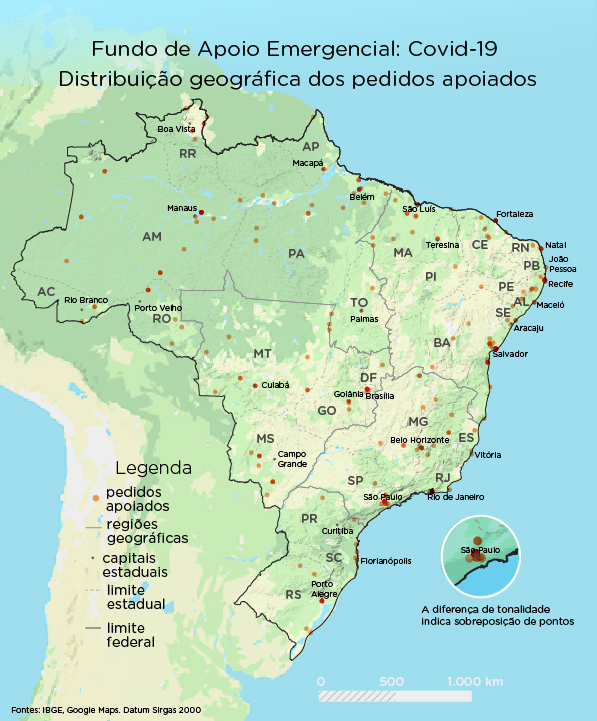The labor agenda has incorporated further environmental matters, with workers and their representatives dedicating more attention to themes such as climate change, decarbonization, global warming, and energetic transition. This concern is particularly notable among the professional categories that directly experience the impacts of environmental transformations in their offices and work conditions.
The Interunion Department of Statistics and Socioeconomic Studies (DIEESE) has been expanding this discussion to other categories of workers, seeking to strengthen the articulation between unions and social movements. With the support of the Labora Fund for Decent Work through an Invitation Letter, the DIEESE and the Trade Unions have been articulating since last year around a unified agenda of struggles. And this week they have begun another edition of the National Debates Journey.
The event, that begun in April 9th, is being conducted in the capitals of the 17 states where DIEESE has offices, having as a central theme “Labor, environment and a fair transition – towards COP 30 “. The DIEESE seeks to propel the union movement in fair transition processes, in which workers are at the center of the debate about climate emergencies, and consolidate a new development model that balances social, environmental and economic aspects.
During the debate’s opening panel, Amanda Camargo, Labora’s coordinator, highlighted the importance of including workers’ voices in the discussions on the climate crisis and fair transition. “There is a lack of workers on the table for climate negotiation, in the construction of public policies; because of that, Labora seeks to strengthen the initiatives of trade unions to occupy this spot on the table with their own proposals, their own solutions, and to advance the agenda of fair transition from the standpoint of the worker class.” Amanda also pointed out the importance of Social Justice Philanthropy looking more attentively at the agenda of a fair energetic transition in the Brazilian context through the support to grassroots organizations.
National Fights Journey
The debates are part of the National Fights Journey, articulated by the Trade Unions Forum, under the motto “For a More Just Brazil: Solidary, Democratic, Sovereign and Sustainable”. The journey will culminate in the Working-Class March to Brasília, in April 29th, with the delivery of a document of claims from the working class to the government, including agendas such as the reduction of journey with no reduction of wages and the participation of the working class in the climate agenda. Moreover, the National Journey brings forward a historical reclamation of the Labor Day and a debate with their many bases, in preparation for the May 1st marches.
Took part in the opening panel Adriana Marcolino, technical director of the DIEESE; José Gonzaga da Cruz, president of the DIEESE; Paulo de Oliveira, national secretary of the Brazilian Unions Central; Nailton Francisco de Souza, national communications director of the New Trade Union of Workers in the State of São Paulo; Marie Claire, from the Public Trade Union of Public Servants; Nilza Pereira, Secretary-General of the Interunion Central; Adilson Araújo, President of the Workers’ Central of Brazil; Canindé Pegado, Secretary General of the General Workers Union; João Carlos Gonçalves (Juruna), Secretary-General of Força Sindical; Juvandia Moreira, Vice-President of the Unified Workers Central.
How to reconcile environmental protection with the generation of income and decent work
The main debate was around how to reconcile environmental protection with the generation of income and decent work.
According to the DIEESE, in order to revert this situation, it is fundamental to incentivize sustainable sectors with the potential for the generation of decent work, such as basic sanitation, organic agriculture, renewable energies, regeneration of degraded areas, biofuels, the health industrial complex, environmental tourism and bioeconomy.
Soon after the opening panel, Adriana Marcolino dug deeper on the alarming impacts of climate change on the supply of food and, crucially, on work conditions in Brazil.
The DIEESE analysis reveals a scenario of growing vulnerability for workers, exposed to high temperatures and their negative effects, while the transition to a more sustainable economy runs into challenges to ensure dignified conditions of work.
Thermic stress in labor environments
Another point often raised during the Journey made reference to the International Labor Organization’s (ILO) Report from 2019, that alerted workplaces are not prepared for extreme heatwaves, disproportionately affecting regions with high rates of informality and lack of social protections, such as Brazil.
Data from the Ministry of Labor corroborates that tendency, with an impressive leap in reports of thermic stress, from 154 in 2022 to 741 in 2024. In parallel, it’s possible to observe an increase in notifications of mental health issues related to work, impacting the health of workers, especially women, since high temperatures elevate the levels of cortisol, the stress hormone. The so-called “environmental strikes” in Brazil, between 2007 and 2022, already signaled this concern with demands centered on air circulation, heating and adequate providing of Personal Protective Equipment (PPE), including sunscreen.
According to the DIEESE, the collective negotiations still crawl in the incorporation of environmental clauses, representing only 1,5% of the total. From the Trade Unions’ point of view, and also the DIEESE’s, expanding these clauses is essential to protecting the workers in the ecologic transition. That involves a robust social dialogue, an integrated development plan, the interaction with affected communities, as well as the availability of financing and public policies. Check out, in this link, dates, times and the other venues of the National Debates Journey.
Check out some reflections raised by the union leaderships:
Juvandia Moreira, Vice-President of CUT:
“COP is an extremely important event for the entire world, and especially during this moment in which we are living with Trump abandoning environmental matters, withdrawing the United States from the debate, because he doesn’t want to compromise. It’s the country that consumes the most in the world, including natural resources, harming the environment. We have to be organized with our agendas; we have to have the working-class agenda in this COP. It can’t be done only by the governments or only by the businessmen. We exist and have to fight to be present in all these negotiations, discussing these themes that are essential for our present and for our future”.
Nailton Francisco de Souza, New Trade Union of Workers in the State of São Paulo:
“Transportation has a lot to do with the matter of sustainability of the environment in cities. In the example of São Paulo, the arrival of electric buses, ecologic buses, didn’t happen because the mayor is nice, but it represents a fight from the transport workers. We have laws in the Municipal Assembly of the State of São Paulo approved with that bias. The drivers’ and transport workers’ union has always fought for the improvement of fleets, the improvement of the buses, to give working conditions for our professionals and also to improve the city’s environment, with less polluting buses.”
Nilza Pereira, Secretary-General of the Interunion Central:
“The Fair Transition (FT) in the opinion of the Interunion, goes through a new civilizational pact. We can’t talk about FT and environment if we keep the same production and consuming pattern (…) The new working class, that is discussing the end of the 6×1 scale, wants to discuss living standards, it wants to discuss a better quality of life. If we don’t look at them, we won’t be able to discuss this with anyone.”
Canindé Pegado, Secretary General of the General Workers Union:
“The challenge is as follows, for those who are union directors: to put in the agendas of collective labor conventions clauses related to the theme of fair transition.”
João Carlos Gonçalves (Juruna), Secretary-General of Força Sindical:
“The DIEESE is coordinating, through regional offices, debate activities about our fight, about current issues, and there our state offices and all centrals will be working unitedly so that in April 29th we can, in Brasília, do the Workers Walk and, at the same time, present a document with our agendas.”

























